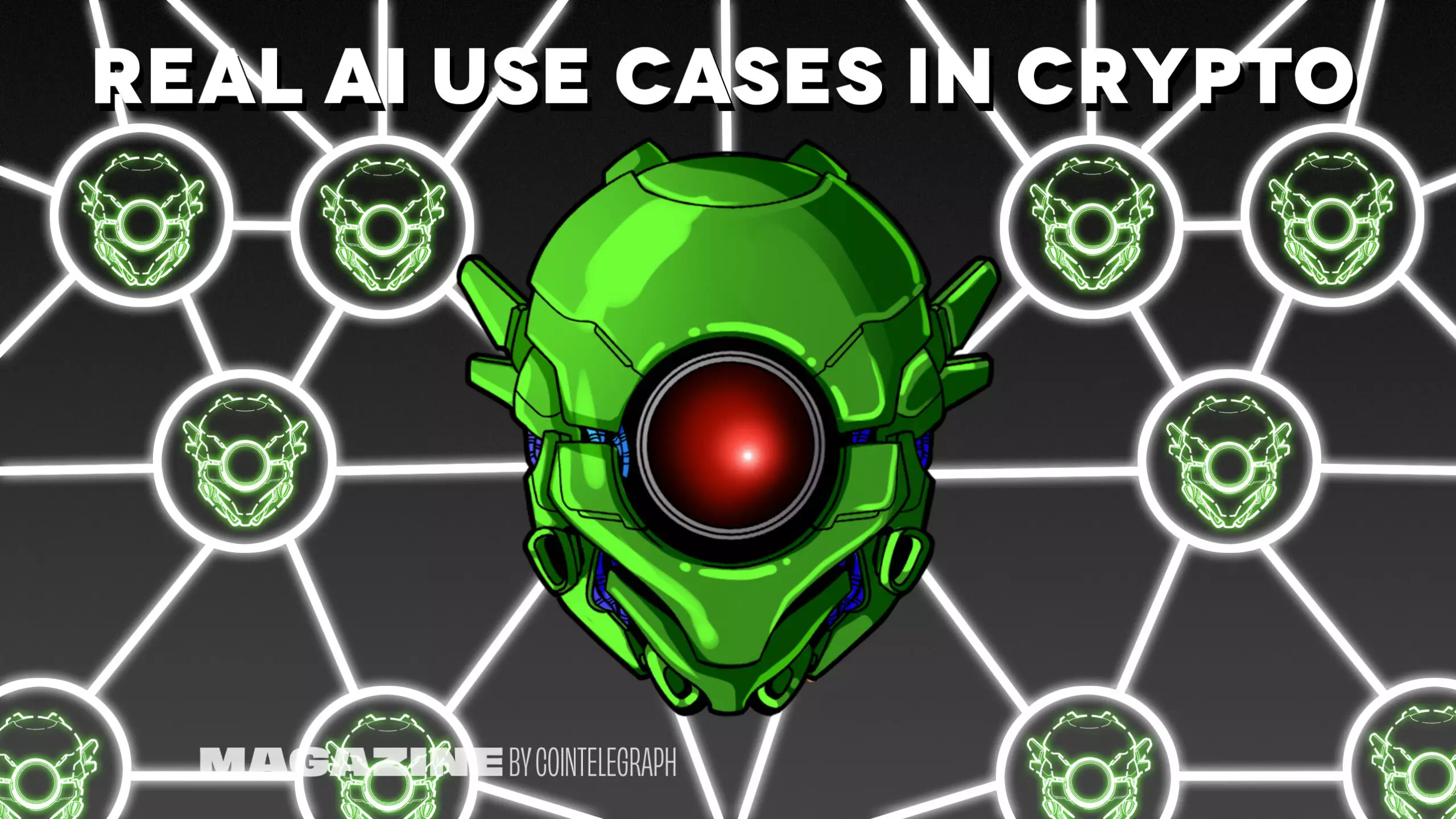The hype surrounding blockchain and cryptocurrency has led to the emergence of numerous projects that claim to harness the power of artificial intelligence (AI). However, amidst this hype, it is crucial to identify genuine use cases for AI in the realm of crypto and blockchain. In this article, we will explore the potential role of AI in decentralized autonomous organizations (DAOs) and discuss its limitations and challenges.
Contrary to their name, current DAOs are far from being truly autonomous. As Vance Spencer, the founder of Framework Ventures, aptly points out, “There’s a bunch of people in the middle.” The concept of DAOs necessitates the involvement of individuals in decision-making processes and governance. To overcome this limitation, some experts believe that AI could play a pivotal role in making the DAO concept work effectively.
Rune Christensen, the founder of MakerDAO, emphasizes that AI governance does not imply AI running a DAO. Instead, the true strength of AI lies in its ability to replace mundane and repetitive tasks, thereby relieving humans from monotonous work. AI can excel in monitoring, summarizing, and communicating information effectively, which are crucial managerial functions within a DAO.
One of the major challenges faced by DAOs is ensuring effective coordination and communication among dispersed members and token-holders. Illia Polushkin, the founder of Near, highlights that AI can significantly contribute to overcoming this challenge. AIs can monitor ongoing activities, summarize relevant information, and provide context to ensure that all participants are well-informed. This managerial role can empower AI to scale up its operations and efficiently manage logistics and coordination among thousands of people.
While AI can handle day-to-day management tasks, the broader direction of a DAO should still be determined by the community. Polushkin suggests that elected boards of directors representing the community can oversee the DAO, with AI serving as a valuable tool for executing tasks and providing recommendations. This hybrid approach ensures the active involvement of community members while leveraging AI’s strengths in logistics and coordination.
The adoption of AI in DAOs should be a gradual process, starting with smaller, less critical tasks and gradually expanding to more complex responsibilities. The Near Foundation plans to conduct experiments to test the use of AI in coordinating smaller tasks before assigning it more significant management roles. Ultimately, the goal is to replace human coordination functions with AI, freeing up individuals to focus on ideation and strategy.
MakerDAO aims to utilize Governance Artificial Intelligence Tools (GAITs) as a guide for its overall project governance. By cataloging and formalizing a dataset named “Atlas,” MakerDAO will be able to provide a global overview of the project and its various components. GAITs will help community members find and bid on projects, while the AI provides instant feedback on project alignment with guidelines, objectives, and budget constraints. Additionally, AI-enabled language translation capabilities will facilitate seamless communication among community members worldwide.
While AI-assisted governance may not be fully mature at present, Rune Christensen envisions a future in which AI can drastically reduce human intervention in DAOs. As AI technology advances and matures, the possibility of having multiple DAOs with minimal human involvement becomes increasingly likely. Nonetheless, stringent guidelines and spending caps must be in place to mitigate errors and ensure responsible decision-making.
Despite the potential benefits of employing AI in DAOs, there are inherent challenges and limitations. The current generation of AI, particularly Language Models like LLMs, are prone to hallucinations in their output, ranging from 3% to 27% of the time. This unreliability makes them unsuitable for complete decision-making in DAO governance, as it could lead to erroneous outcomes and misguided coordination among community members. Therefore, trust in AI for autonomous decision-making must be established cautiously and with strict guidelines.
AI holds significant promise for enhancing the efficiency and effectiveness of decentralized autonomous organizations. By leveraging AI’s capabilities in monitoring, coordination, and communication, DAOs can overcome challenges related to dispersed members and complex decision-making processes. However, the maturity of AI technology and the establishment of strict governance measures are crucial factors in realizing the true potential of AI in DAOs. As this field continues to evolve, it is essential to explore and develop AI use cases that align with the core principles and goals of blockchain and cryptocurrency.















